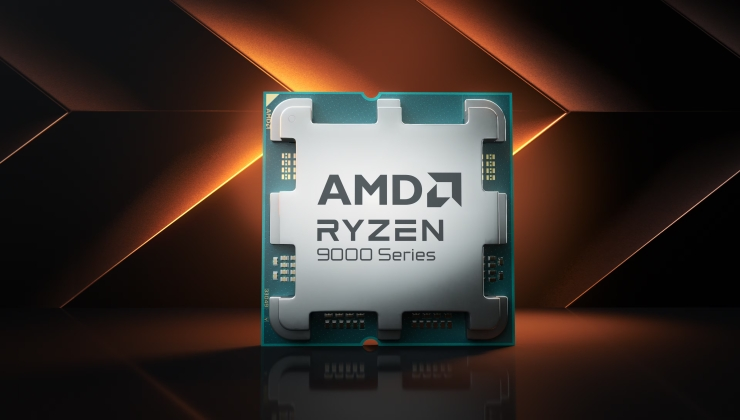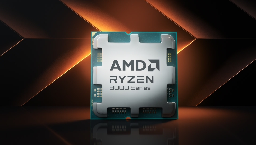AMD Ryzen 7 9800X3D gaming processor announced for November 7 | 20% faster than Intel Core Ultra 9 285K
AMD Ryzen 7 9800X3D gaming processor announced for November 7 | 20% faster than Intel Core Ultra 9 285K

www.gamingonlinux.com
AMD Ryzen 7 9800X3D gaming processor announced for November 7

